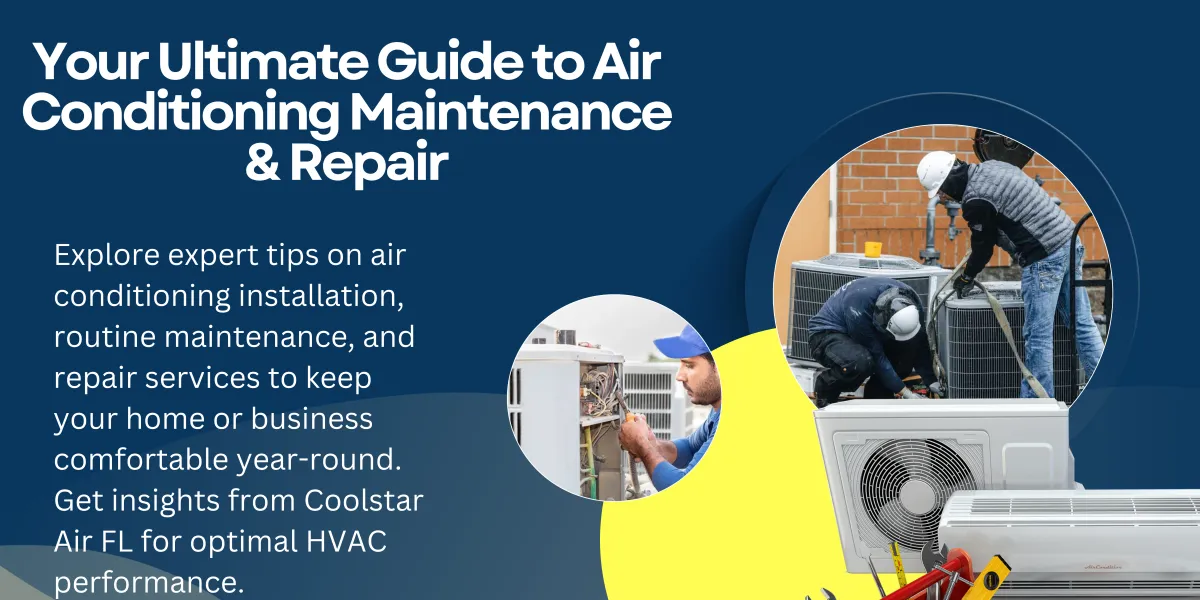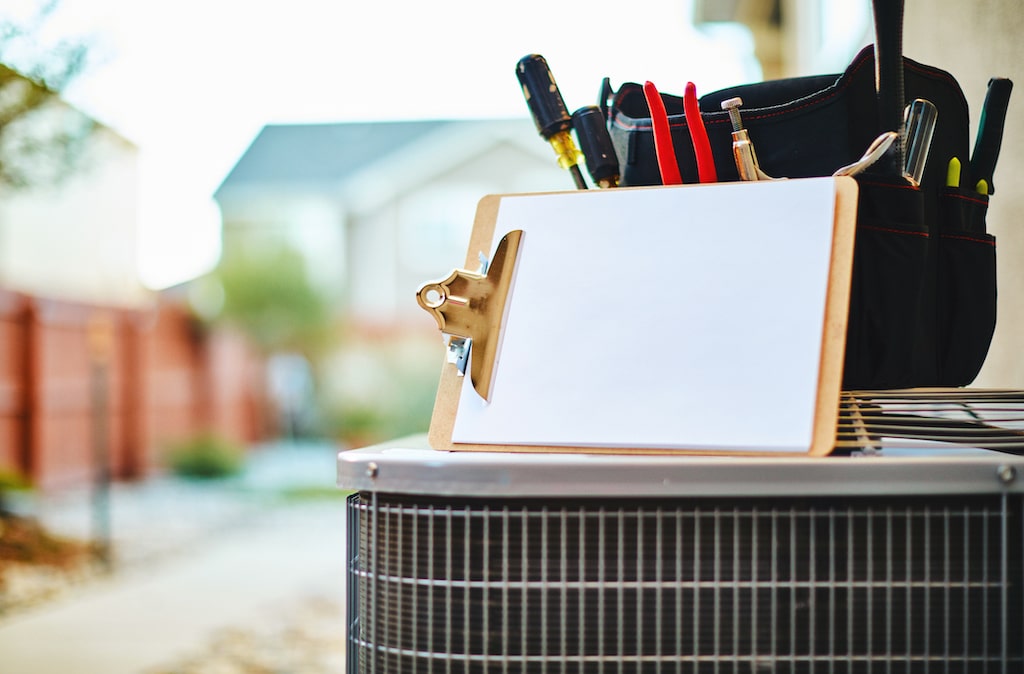
When the summer heat hits, there's nothing quite like the relief of stepping into a cool, comfortable home. That's where central air conditioning comes in. It's not just about cooling; it's about creating a consistent, refreshing environment throughout your entire living space. Let's explore everything you need to know about central air, from how it works to how to keep it running smoothly.
What is Central Air Conditioning?
Central air, also known as a central AC system, is a type of air conditioning that uses ducts to distribute cooled air throughout a building. Unlike window units or portable ACs that cool only a single room, central air systems are designed to manage the temperature of your entire home. This is achieved by a system that includes an outdoor compressor/condenser unit and an indoor evaporator coil, typically located within your furnace or air handler.
How Central Air Works
The process begins with the compressor, which pressurizes a refrigerant. This hot, high-pressure refrigerant travels to the condenser, where it releases heat and turns into a liquid. The liquid refrigerant then flows to the evaporator coil inside your home. Here, it absorbs heat from the indoor air, causing the refrigerant to evaporate and cool the air. A blower fan then circulates this cool air through your ductwork and into each room. The heated refrigerant returns to the outdoor unit, and the cycle repeats.
Benefits of Central Air
- Consistent Cooling: Maintains a uniform temperature throughout your home.
- Improved Air Quality: Central systems often include air filters that remove dust, pollen, and other allergens.
- Quiet Operation: The main components are located outdoors, minimizing noise inside your home.
- Increased Property Value: A well-maintained central AC system can be a significant selling point.
- Energy Efficiency: Modern central air systems are designed to be more energy-efficient, saving you money on utility bills.

Choosing the Right Central Air System
Selecting the right central air system involves considering several factors. Here's what you need to know:
Size and Capacity
The size of your home and the climate in your area will determine the capacity of the AC unit you need. Capacity is measured in British Thermal Units (BTUs) or tons. A professional HVAC technician can help you calculate the appropriate size for your home.
Energy Efficiency
Look for systems with a high Seasonal Energy Efficiency Ratio (SEER) rating. The higher the SEER rating, the more efficient the system, and the lower your energy costs. Modern systems often have SEER ratings of 14 or higher.
Installation
Proper installation is crucial for optimal performance. Hire a certified HVAC technician to ensure your system is installed correctly. Incorrect installation can lead to reduced efficiency and premature breakdowns.
Maintenance

Regular maintenance is essential to keep your central air system running efficiently. This includes:
- Changing air filters regularly.
- Cleaning the condenser coils.
- Checking refrigerant levels.
- Inspecting ductwork for leaks.
Troubleshooting Common Central Air Problems
Even with regular maintenance, you might encounter some common issues:
No Cool Air

This could be due to a tripped circuit breaker, a faulty thermostat, or low refrigerant levels. Check these components first. If the problem persists, contact a technician.
Uneven Cooling
Uneven cooling can result from blocked vents, leaky ductwork, or an undersized AC unit. Inspect your ductwork and vents, and consider having a technician assess your system.
Strange Noises
Unusual noises like banging, rattling, or hissing can indicate a problem with the compressor, fan, or refrigerant lines. Turn off the system and call a technician immediately.
The Future of Central Air
As technology advances, central air conditioning systems are becoming smarter and more efficient. Smart thermostats, zoning systems, and variable-speed compressors are just a few examples of innovations that are improving comfort and reducing energy consumption.
Investing in a quality central air system is an investment in your comfort and well-being. By understanding how these systems work and how to maintain them, you can ensure your home stays cool and comfortable for years to come.
No comments:
Post a Comment
Note: Only a member of this blog may post a comment.